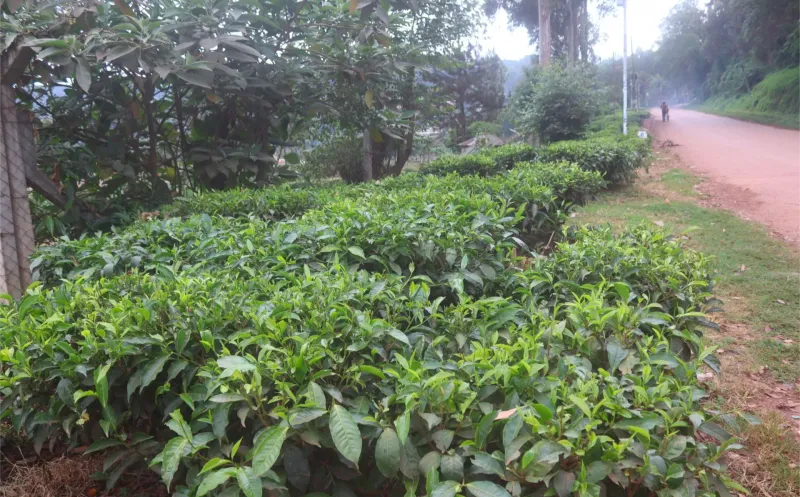
Conflicts in several foreign countries, most notably the Russia–Ukraine war, as well as instability in Pakistan and Sudan, have significantly disrupted Uganda’s tea exports. Historically, Uganda exported high-grade tea to Russia, Ukraine, Pakistan, and Egypt, while supplying lower-grade tea to Sudan.
The ongoing conflicts have not only reduced demand for Ugandan tea but also affected key supply chains. Uganda used to import fertilizer from Ukraine for use in its tea gardens, but this source has now been disrupted. Jaffar Basajjabalaba, LC5 Chairperson of Bushenyi District and a prominent businessman and tea farmer, explained that the wars have caused a decline in demand for Uganda’s tea. He noted that “the Russia–Ukraine war, in particular, disrupted the importation of high-grade fertilizer needed for tea plantations.”
The cost of shipping a container of fertilizer from Ukraine or Russia to the Port of Mombasa has soared from USD 2,500 to between USD 8,000 and USD 11,000. As a result, tea farmers are struggling to maintain their gardens due to the high cost of recommended fertilizers, leading to a drop in the quality of harvested tea. This has made Uganda’s tea less competitive compared to exports from Rwanda and Kenya.
Basajjabalaba also highlighted that Uganda’s tea exports to China have been hindered by the country’s failure to sign a China market agreement, an arrangement that benefits Kenya and Rwanda. “Because of this, Ugandan exporters continue to face tariffs when exporting to China, while Kenya and Rwanda export tax-free,” he said. He urged President Yoweri Museveni to intervene and negotiate a trade deal with China.
He further acknowledged that poor harvesting practices have worsened the quality of Ugandan tea. However, he expressed optimism that the sector could be revived if the government releases the requested Shs 310 billion to support tea farmers. He suggested investing in green tea value addition for exports to China, where demand is steady, and in orthodox tea processing for export to the United Kingdom and Germany.
David Bahati, Minister of State for Trade and MP for Ndorwa West, noted that the challenges facing tea farmers were outlined in a memorandum presented to the President during his campaign trail in Kigezi from Monday to Wednesday this week.
Addressing journalists at his home in Irenga, Ntungamo District, on Wednesday night, President Yoweri Museveni acknowledged that “the wars in Russia, Ukraine, Pakistan, Egypt, and Sudan have hurt Uganda’s tea exports.” He called for patience and promised to meet tea farmers to discuss the issues.
Museveni also pledged to write to the President of China to request the signing of the China market trade deal. He reiterated his view that tea farming is best suited for individuals with large tracts of land and advised those with limited land to consider alternatives such as coffee farming, fruit growing, poultry, piggery, zero-grazing, and fishing as ways to overcome poverty.
In addition, Museveni promised to establish a special fund to enable tea farmers to purchase fertilizer to improve quality, though he did not clarify whether the fund would take the form of a loan.

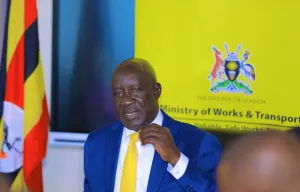

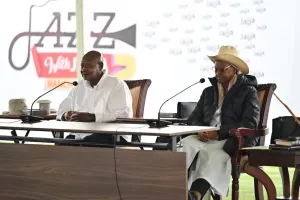
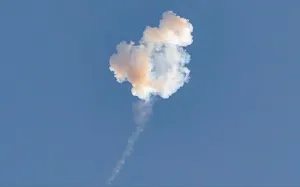
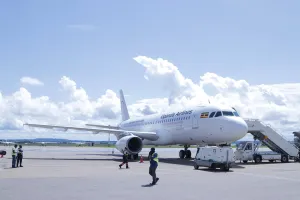







Lynzy Mbabazi
Leave a Comment
Your email address will not be published.